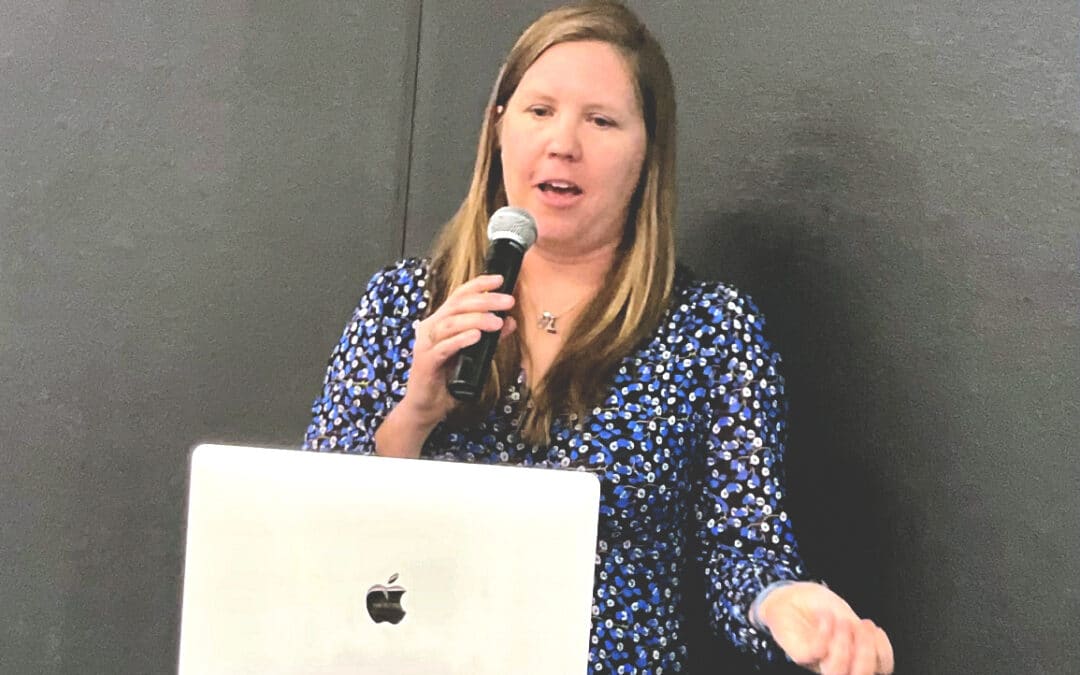By Amanda Huffman
Contributing Writer
For years, it was frowned upon for military spouses to work outside the home. Instead, they were expected to pursue social commitments and volunteer opportunities. Even though the military relied on spouses to provide support to their families and servicemembers, there was a stigma about military spouses pursuing their own careers. Today, they are speaking out and advocating for change.
The internet has changed things dramatically for military spouses. It makes it easier, and in some ways possible, to maintain a career as your serving spouse’s orders require your family to move around the country.
Along with the internet enabling more online work opportunities, there has been a generational shift in military culture that began with Gen X and has continued through the Millennials and now Gen Z is continuing to push for more changes. Military spouses are demanding the future look different for those in the future who will follow them in this role.
Advocacy on Capitol Hill
Besides the ability to work, which we will talk about more later, the biggest change for military spouses is having a voice and advocating for change. This advocacy can be on a local level or military branch level, but the one with most impact is advocacy on Capitol Hill, which is giving military spouses a louder voice and leading to real change.
The work military spouses have done to help with licensing is a great example of advocacy. When moving from state to state, gaining and keeping a license can be challenging and expensive. Not only did spouses lose work time while going through their original certification process, maintaining their status often requires additional payments to get certified in each new location. In January 2023, the Servicemembers’ Civil Relief Act (SCRA) added a new provision to help military spouses transfer their licenses from state to state. This is a huge win for military spouses and shows how strong their voices were on Capitol Hill to get this law passed.

Careers for Military Spouses
Before the internet, spouses might have a career, but it often required starting over at each new location — and they had limited opportunities to advance due to situations such as an inability to expect longevity in the role. Today’s online world has opened the door not only to having a career but to move it with you. It has made it possible for military spouses to find work in traditional markets, and also become entrepreneurs. Even so, military spouse unemployment continues to be far higher than traditional unemployment, and the Department of Defense is still working to help that number go down.
Entrepreneurship
Many military spouses previously relied on network marketing — selling various products and services — that brought in a small income. While that continues to be a popular money-making opportunity for military spouses, there are so many more options when it comes to entrepreneurship today. Entrepreneurial opportunities run the gamut from coaching, social media marketing, virtual assistants, online courses, and more. Military spouses are using the power of the internet not only to build a business but to take it with them wherever they go.

Remote Work
Working from home during the pandemic revealed how many careers could be performed remotely. This shift in work expectations has allowed more opportunities for spouses not only to find work but also to find a way to keep their employment once they move to a new location. Many companies are looking for ways to keep military spouses employed even when they move to a new location. That is good for both the military and military spouses.
Geo-Batching
Some military spouses are choosing their career over the next spouse’s new duty assignment and, instead of following their spouse, they stay at their current location so they can continue in their career. With changes in technology, it is easier to stay connected even when miles separate you. While it may not be an ideal option for every family, technology allows military spouses to carve out their career path even when it doesn’t fit the military plans.
Continuing to Move the Career Game Forward
Military spouses are standing up for themselves and their family while supporting the military in so many ways. While the rate of spouses who work is lower than their civilian counterparts, the gap is narrowing. Spousal underemployment and unemployment are still issues, but they are topics being addressed by the government and within the military community. The voice of MilSpouses is changing things not only for themselves but for those who follow in their footsteps. And, likewise, the military will have to continue to change and adapt as well.

Amanda is a military Veteran who served in the Air Force for six years as a Civil Engineer who served on a combat deployment with the Army in Afghanistan. She traded in her combat boots for a diaper bag to stay home with her two boys and follow her husband’s military career in the Space Force. Amanda is the host of the Women of the Military podcast. There she shares the stories of women who have served or are serving in the military. The podcast has over 200 episodes and over 100K downloads. Amanda is also an author and has published two books. Her first book, Women of the Military tells the stories of 28 military women who served in the military. Her second book, A Girl’s Guide to Military Service, is the IBPA Benjamin Franklin Gold Winner for Teen Non Fiction. It is a guide for high school girls considering military service to help them build a strong foundation for their future career. She also works as a freelance writer and has been featured in a number of military publications including The War Horse, Military.com, Military Families Magazine, Clearance Jobs, Military Spouse Magazine, and more.



